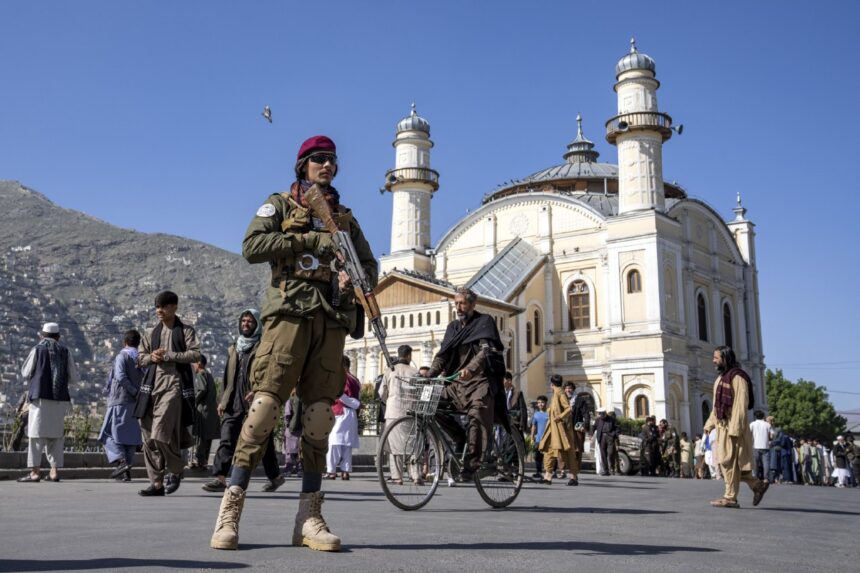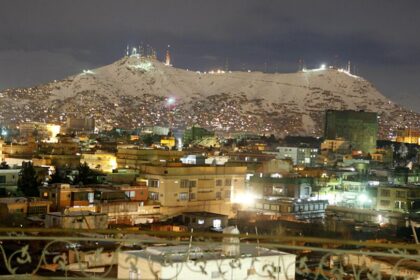RASC News Agency: Amid an intensifying wave of poverty and mass unemployment, the Taliban have initiated a new campaign of economic repression that threatens to inflict long-term devastation on Afghanistan’s already fragile economy. Multiple sources from across the country report that, in recent months, hundreds of commercial properties, agricultural lands, residential homes, and private companies have been unlawfully seized by Taliban forces without judicial oversight, legal justification, or formal court rulings.
According to the findings, these confiscations have disproportionately targeted non-Pashtun business owners and investors particularly from the Tajik, Hazara, and Uzbek communities heightening existing ethnic tensions and deepening economic divisions across Afghanistan.
One Kabul-based businessman, speaking to RASC News Agency on condition of anonymity due to security concerns, recounted:
“The large market I had spent years building was seized overnight. No official documents, no court orders just a group of armed men who stormed in and declared that my property had been acquired through ‘illegitimate means’ and now belonged to the so-called ‘Islamic Emirate.'” Eyewitnesses from Kabul, Balkh, Herat, and Kandahar corroborated that Taliban fighters have systematically confiscated private assets, flagrantly disregarding any principles of due process or fair investigation. In many instances, dispossessed entrepreneurs have either fled the country in fear for their lives or been forced into hiding.
A source from the Balkh Chamber of Commerce disclosed:
“In Balkh province alone, more than fifteen major private companies have either been forcibly shut down or taken over by Taliban authorities. Dozens of prominent businessmen from the north have abandoned their assets or are desperately seeking asylum in neighboring countries.”
Economic analysts warn that the unchecked seizure of private assets is precipitating a mass flight of capital, accelerating unemployment, and pushing Afghanistan toward a full-scale economic collapse. An independent economic analyst in Kabul observed:
“Through these brutal tactics, the Taliban are asphyxiating the private sector the only lifeline sustaining Afghanistan’s already anemic economy. Should this trend continue, Afghanistan risks plunging into absolute poverty and further deepening its international isolation.”
The analyst further noted that the Taliban’s arbitrary expropriations have not only destroyed domestic investor confidence but also extinguished any remaining prospects for future foreign investment. In response to mounting national and international criticism, Taliban officials have claimed that property seizures are part of an anti-corruption initiative. However, no credible documentation, transparent investigative processes, or public trials have been presented to substantiate these claims.
Skepticism abounds among Afghanistanis, many of whom view the Taliban’s justification as a mere pretext for state-sanctioned theft and the erosion of legitimate property rights. Speaking to RASC News Agency, several residents of Kabul expressed growing fear over the prevailing atmosphere of mistrust and terror. Samiullah, a resident of Kabul’s Fourth District, remarked: “No one dares to invest anymore. No one sees a future. Today, they seize markets and homes; tomorrow, it could be our gardens.”
Similar reports have emerged from cities across the country, where the mass closure of shops and private companies has led to a sharp spike in unemployment and a collapse of local economies. Analysts warn that, if left unchecked, this policy of systematic expropriation will drive Afghanistan into an unprecedented economic and social catastrophe one whose scars could endure for decades, inflicting profound and lasting wounds upon the nation’s social and economic fabric.






